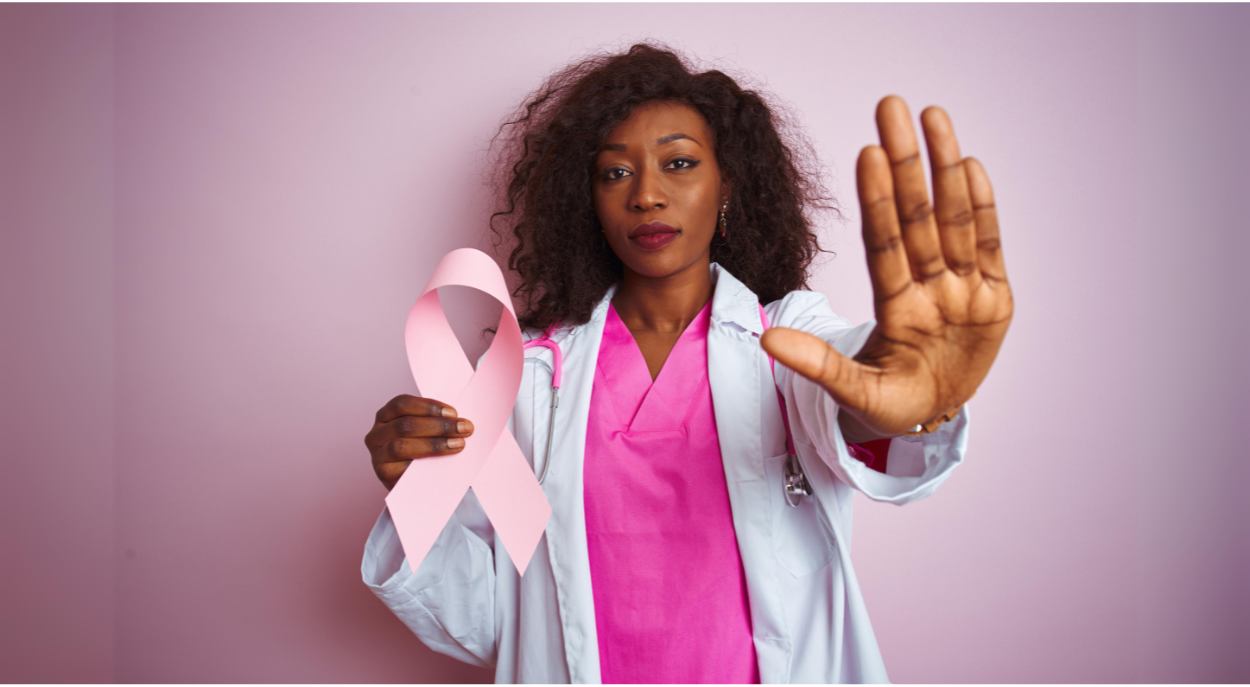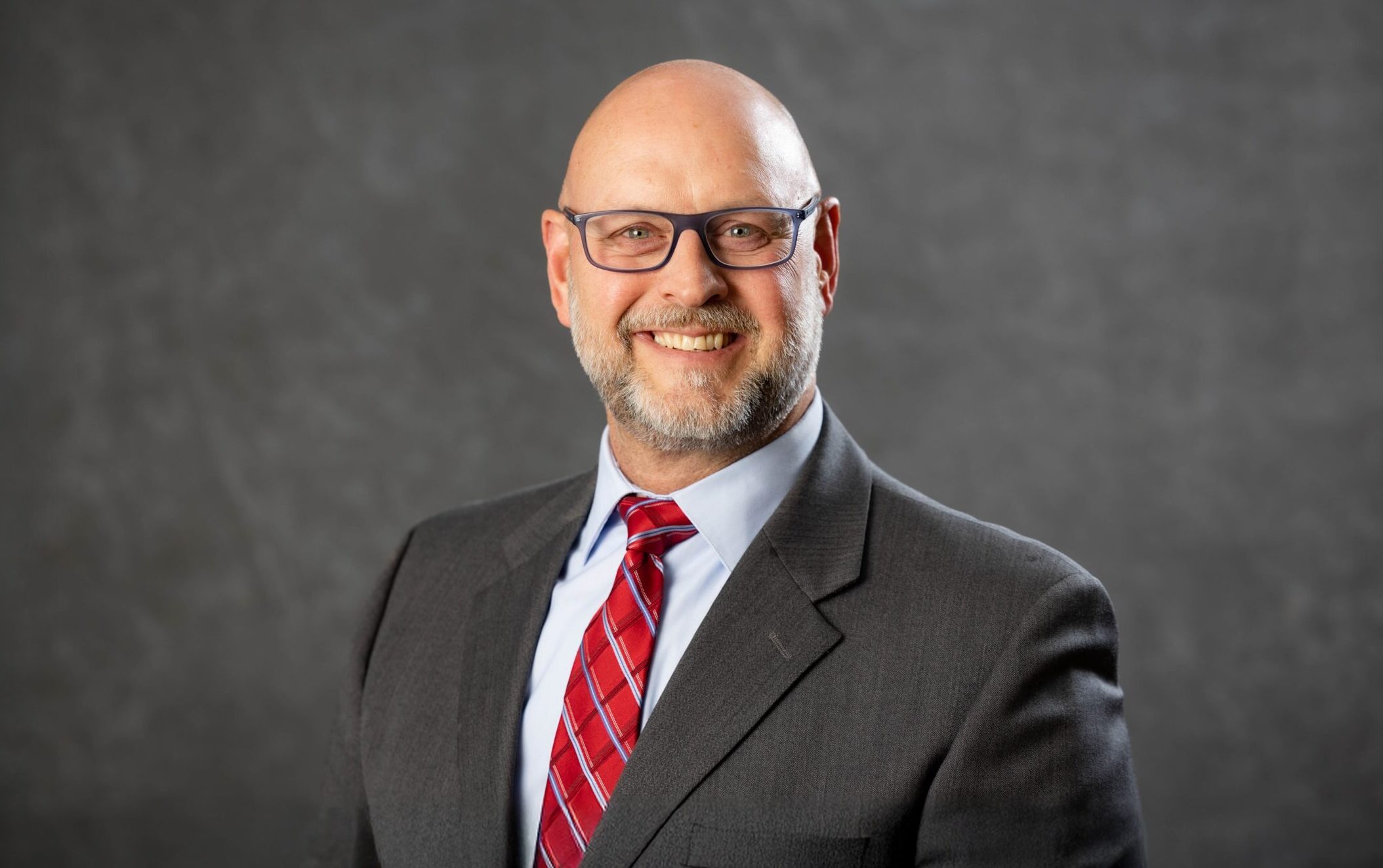October is Breast Cancer Awareness Month. It’s a crucial period to bring awareness about the impact of breast cancer, how early detection lessens its impact, and the need for preventive care. Many Black women will face barriers in breast cancer detection, treatment, and survival. But we, as a community, can address this health disparity crisis. We can issue a call to action, empowering all women to lessen the adverse effects of this dreadful disease’s impact on ourselves and the women we love.
Facing The Burden
Breast cancer is the second most common cancer for African American women. We are 40% more likely to die during treatments than white women. Because of late-stage diagnosis, aggressive tumors, and barriers to accessing quality health care, Black women have a higher mortality than white women. That is the burden.
Early Detection and Barriers to Treatment
Many factors cause disparities among Black women. One significant issue is access to quality healthcare. Many live in areas with few healthcare options and qualified providers. These barriers make it harder to obtain regular mammogram screenings, which are critical for early detection. Without these routine screenings, breast cancer is frequently diagnosed when the cancer is advanced, and treatment is not as effective.
For African American women, social determinants of health, economic factors, systemic racism, and cultural stigma contribute to delays in diagnosis and inefficient treatment. Cultural factors such as the stigma of breast cancer, limited health education, fear, and misconceptions can prevent some women from seeking care, further exacerbating the disparity in breast cancer outcomes.
The Importance of Early Detection
Improving breast cancer outcomes depends on early detection. Mammograms, self-exams, and clinical exams are essential for prevention and survival. African American women should start routine mammograms at age 40. Breast cancer awareness campaigns should target women of color and focus on regular screenings and breast health education. Community health programs and mobile screening units can help bring services to underserved areas.
Prevention Through Lifestyle Changes
All breast cancers are not preventable. Improving healthy lifestyle choices can lower risks. African American women have and need to use the many available resources to make empowered choices and take control of their health through prevention. Physical activity, Weight management, and limiting alcohol consumption are crucial. Eating fruits, vegetables, and whole grains also helps lower cancer risk.
Managing stress and making mental health a priority is essential. But it’s not something you have to do alone. A strong community support system involving family, friends, and healthcare providers can help women feel connected and supported, making it easier to stay committed to preventive care and healthier lifestyles.
Where We Are Now
With increased awareness, education, and access to preventive care, we can reduce the disparity and have better outcomes. This is not just the responsibility of healthcare professionals but also community members and advocates. We must work together, not just during Breast Cancer Awareness Month but all year round, to close the gap and improve breast cancer survival rates for all.
By Melesha Bailey,
UniteNews Contributing Writer
Follow on Instagram: Love 4 Life Wellness
melesha@love4lifewellness.com





